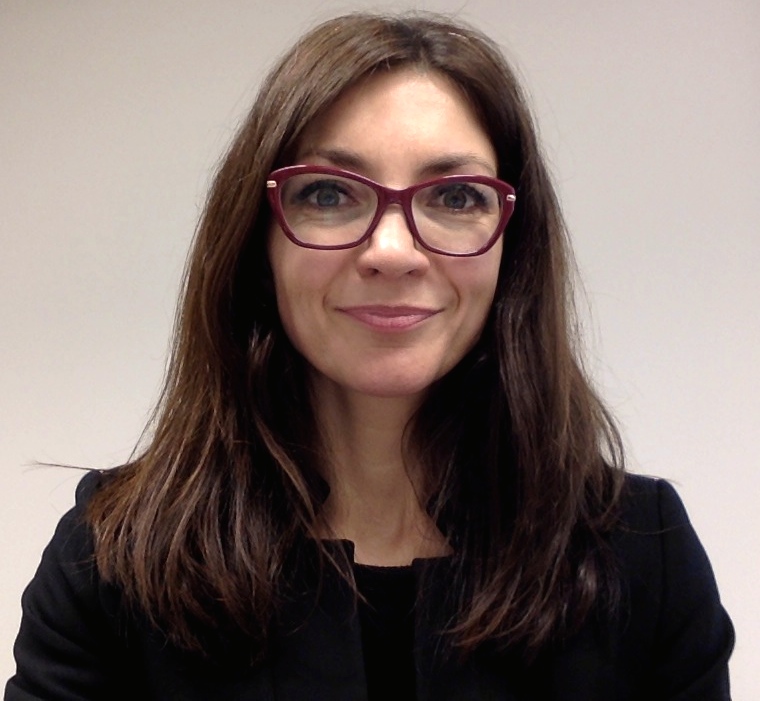Study of State, Law and Politics
The course is needed to organize the structures and principles of government institutions and public administration.
The course is needed to organize the structures and principles of government institutions and public administration.
The course provides the basis for a critical assessment of the sources of knowledge on the functioning of the state, politics and law.
The course is needed to understand the causes and structure of the legal system, as well as to evaluate and put into practice legal and institutional solutions in the legal system.
The course is needed as a basis for planning the provision of legal services (both to individuals and institutional entities).
The course is needed to plan the distribution of budgetary funds of institutions and organizations of various levels in order to implement public policy and solve specific social problems.
The course is needed for the organization and effective implementation of projects in the field of civil society support.
The course is needed to manage projects at various levels, including business projects supporting the implementation of public policies.
The course provides the basis for conducting research in the field of state operation, the area of politics and law.
PREREQUISITES
Interest in the subject of the course and knowledge of English at a minimum B1 level.
THE COURSE OBJECTIVES
The course allows to obtain qualifications at levels 6 and 7 of the Polish Qualifications Framework, in terms of knowledge, skills and social competences.
At the end of the course the student knows and understands the complexity of the mechanisms of a state functioning as a legal and political area, is able to identify the causes, as well as define the course and consequences of significant state-forming processes that define the political system of a state, and determine the type of legal and political system. At the same time, the student is able to identify the most important contemporary dilemmas in the field of functioning of a state, law and politics in various approaches and in various areas of the world.
The student is able to use the acquired knowledge to diagnose the legal and political situation of states, as well as internal and transnational structures.
The student is able to critically analyze and solve problems related to political processes in the state.
The student is able to use the English language to describe issues in the area of law and politics.
The student is able to clearly and logically present arguments in a discussion about politics, law and state.
The student is ready to apply his/her knowledge and skills in professional and social activities, to apply his knowledge in undertaking activities in non-governmental organizations or institutions related to the state, as well as in political activities.
THE ISSUES RAISED
MODULE 1
Structural and normative aspects.
MODULE 2
Legal and international aspects.
MODULE 3
Human-related origins of State, politics and Law.
MODULE 4
Practical aspects.
CONDITIONS FOR COMPLETION OF THE COURSE
To pass the course, it is necessary to provide a minimum of 40% correct answers in the final test (weight 60%) and a minimum of 40% correct answers to the questions in the formative control in all lessons of the course (weight 40%).
CONDITIONS FOR OBTAINING A CERTIFICATE
To receive a certificate, you must complete the course.
COURSE STAFF
 Dr hab. Renata Mieńkowska-Norkiene
Dr hab. Renata Mieńkowska-Norkiene
Renata Mieńkowska-Norkiene –political scientist, sociologist, mediator, living in Warsaw and Luxembourg; associate professor at the University of Warsaw and an academic teacher at University of Economics and Human Sciences in Warsaw; an author of more than 70 scientific publications; chairwoman of International Institute of Civil Society (MISO); expert of Team Europe coordinated by the European Commission; member of Evaluation Committee of the Urgency Grants Programme of the National Agency for Academic Exchange; expert of Erasmus+ Programme of the Foundation for the Development of the Education System; Prof. Mieńkowska-Norkiene’s main scientific fields of interests are: European integration, political systems, gender equality, mediatization of politics, conflict management; Prof. Mieńkowska-Norkiene lectured at University of Vilnius, Liechtenstein-Institut, EURAC European Academy, London School of Economics and Political Science, Université Libre de Bruxelles and SciencePo in Paris; she worked in the European Commission; Prof. Mieńkowska-Norkiene speaks fluently 5 languages; she cooperates with numerous scientific journals (as a reviewer), NGOs (as a member of Program Councils), radio and TV stations, e.g. TOK FM, TVN24, Super Express (as a commenting expert).